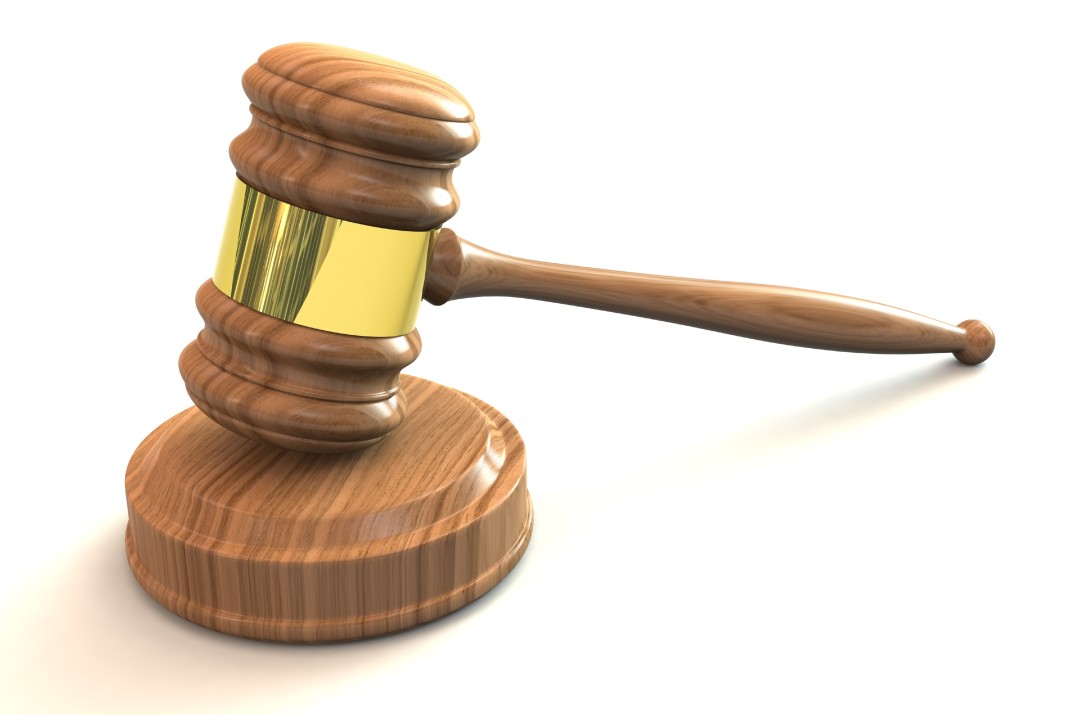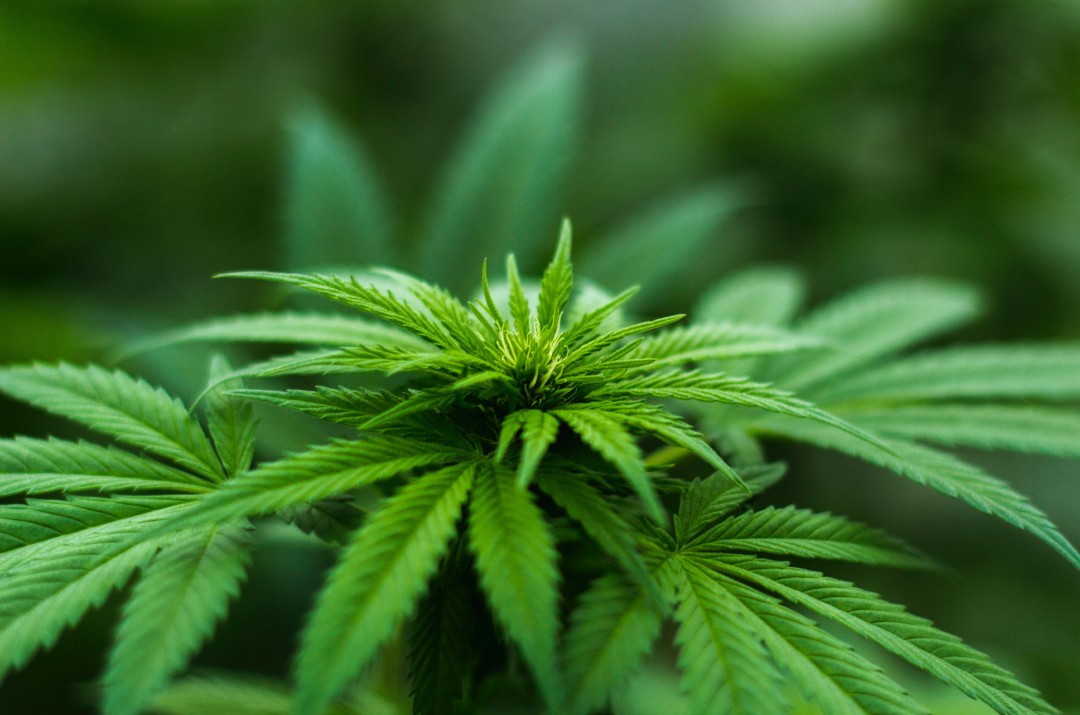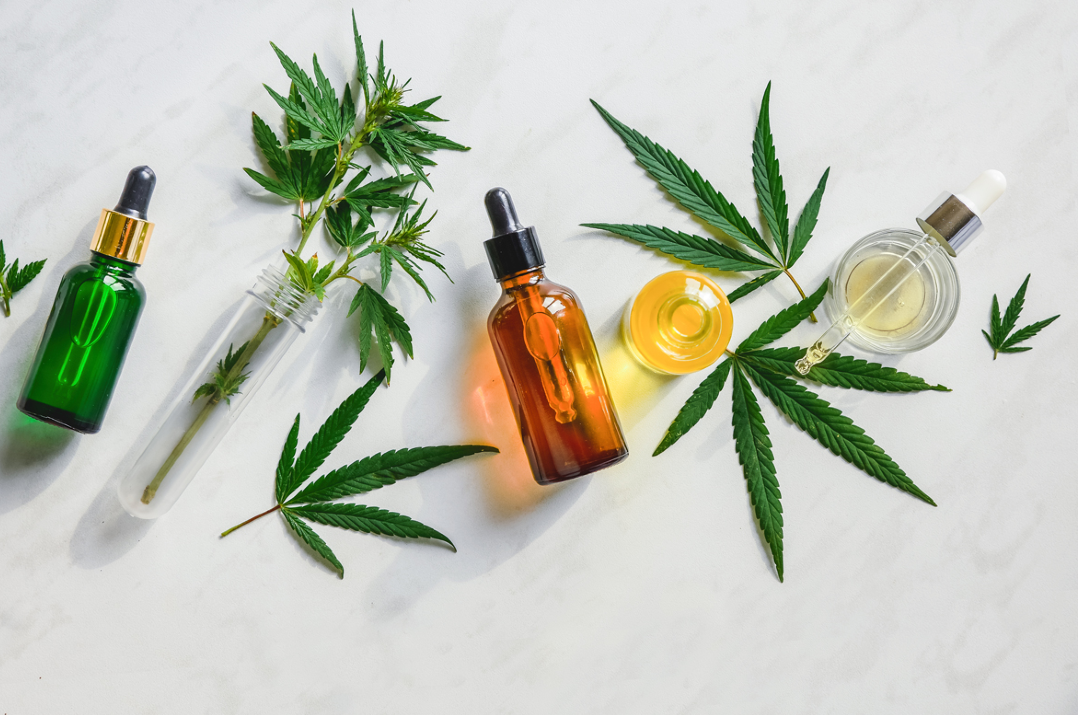We’re sure that you have noticed by now that CBD hit the shelves like wildfire. Due to the regulatory “grey area” which exists in the market, many are coining CBD a “cure-all” for all sorts of conditions without any research or support to back them up.
But as a healthcare practitioner using CBD topical products in your clinic, it is important to remain informed and aware of these common myths and misconceptions. You not only need to ensure that you use reputable products with proven active ingredients; you also need to ensure that you’re able to answer your patients’ questions regarding CBD.
For these reasons, we’ve put together the most common myths that have come our way to date. Read on to learn more about what myths are out there and what you can say about them.
To learn more about boosting your business with CBD,
download your FREE E-Book
5 Common CBD Myths
To clarify some of the CBD myths and unproven claims, we have compiled a list of 5 common CBD myths below in an attempt to myth bust them once and for all.
Myth #1: Researchers are not studying CBD

Because CBD has only recently emerged into the medical mainstream, there are still many unanswered questions regarding its potential benefits. But that does not mean that there is no research.
Early research has focused on how the body processes CBD via cannabinoid receptors within the endocannabinoid system, however, there are still no long-term studies showing the effects of CBD on the brain or the body. As you may be aware, a true clinical trial can last between 6-10 years on average. Thus now we await for CBD trials underway to complete their course.
Since CBD was removed as a Schedule I drug in 2018, doctors and research institutions have launched small-scale CBD studies and CBD clinical trials to discover potential uses and benefits of this plant compound. With many out there touting CBD as a cure for anything and everything, it is important to clarify to the public how CBD affects the body and its actual proven benefits—information we have yet to conclude.
While we don’t have definitive answers yet, research has shown that CBD is a relatively well-tolerated, plant-based substance with little to no side effects in most cases.
FDA Commissioner Scott Gottlieb stated:
“We’ll continue to support rigorous scientific research on the potential medical uses of marijuana-derived products and work with product developers who are interested in bringing patients safe and effective, high quality products. But, at the same time, we are prepared to take action when we see the illegal marketing of CBD-containing products with serious, unproven medical claims.”
To learn more about the research being conducted on CBD, you can view the most up to date trials at ClinicalTrials.gov.
Myth #2: CBD is a proven treatment for many health conditions

Unfortunately, the public has been misinformed to believe that CBD is a cure-all. However, many of these claims on the market are unfounded by sound clinical evidence. As stated previously, many CBD manufacturers are distributing new products in an attempt to cash-in on CBD’s skyrocketing popularity.
Because CBD is FDA approved specifically for Epidiolex, all other health or medical-related claims regarding CBD must follow FDA protocol including following a long and arduous investigational new drug (IND) process, making it extremely challenging to approve any potential health benefits of CBD in the immediate future.
While the FDA monitors CBD manufacturers and distributors as best it can for making unproven claims, it is difficult to keep up with the flourishing industry.
So, what are the facts we can legally claim about CBD?
We know it affects the body by interacting with the endocannabinoid system (ECS), a mammalian system that regulates a homeostasis in the body. The ECS is comprised of cannabinoids and cannabinoid receptors, the two most common ones being CB1 and CB2. The ECS functions when cannabinoids and receptors match together, much like a lock and key.
We also know that CBD has skin-soothing benefits, making it an ideal ingredient in topical products. Other skin benefits of CBD include:
- CBD is a naturally-derived emollient that moisturizes the skin. It contains ingredients to aid normalizing and calming of the skin, especially for those with skin sensitivities.
- CBD is an antioxidant, containing an extra oxygen atom that can be transferred to free radicals in order to neutralize them. This property makes CBD oil a perfect antioxidant for the skin and can counteract free-radical damage.
- CBD contains the essential fatty acids, omega-3 and omega-6, antioxidants that may be helpful in stimulating collagen production in your skin cells. They may also prevent excessive water loss through the skin and make the skin look fresh and hydrated.
Myth #3: CBD is illegal

After many years of cannabis activists pushing for its legalization, CBD was finally removed as a Schedule I substance in the 2018 Farm Bill, making it federally legal.
While individual states do have the autonomy to create their own rules and restrictions on CBD, as of February 25, 2020, CBD was legal in 48/50 states, with the exceptions being Utah and Louisiana.
As mentioned previously, however, medical claims and health benefits regarding CBD must go through the FDA’s approval process. However, the FDA is still in the process of determining how they will regulate this industry. They have cautioned that marketing hemp-derived products as dietary supplements or as an active ingredient is unlawful under current federal regulations.
This decision is because CBD and THC are active ingredients in FDA-approved drugs, which underwent mandatory clinical investigations before they could be marketed as foods or dietary supplements.
What we do know is that there will likely be an arduous review process ahead.
Myth #4: CBD will make you high

A common misconception due to its association with marijuana, hemp-derived CBD is not psychoactive, which means it is not going to “get you high.” This is in contrast to tetrahydrocannabinol (THC), the cannabinoid in marijuana responsible for causing the feeling of being high.
Legally, hemp grown for CBD must contain less than 0.3% THC, a negligible amount that will not make you high.
While CBD and THC are both cannabinoids found within the cannabis plant, they have very different properties and characteristics. While THC is not fatal or addictive, it will show up on a drug test if consumed. It’s important to understand the differences between these two cannabinoids.
Both CBD and THC share the exact same molecular formula, C21H30O2, with a similar molecular weight. Yet, they have a seemingly small difference in molecular structure that offers different biochemical properties in terms of psychoactivity. THC contains a cyclic ring and CBD contains a hydroxyl group, a tiny change that determines whether one experiences that mild hallucinatory state or not.
Most importantly, unlike THC, CBD does not bind to the CB1 and CB2 receptors in the ECS, and therefore, has no psychoactive effects.
Myth #5: All CBD is created equal

A CBD myth such as this one must be demystified by taking a look at why CBD quality can vary as well as the 3 different categories (called spectrums) of CBD on the market: full-spectrum, broad-spectrum, and CBD isolate.
Harmful additives like pesticides, chemical fertilizers, and heavy metals can undermine both the quality and safety of CBD.
Additionally, using products from manufacturers who don’t care about how and where their CBD is sourced can undermine the reputation of healthcare practitioners like yourself and potentially endanger the wellbeing of your patients.
Because the hemp plant is a hyper-accumulator, it readily absorbs everything from the ground, which is why high safety and quality standards need to be employed to protect your patients. Without proper safeguards, hemp plants can contain traces of chemical fertilizers, pesticides, and heavy metals as well as highly inconsistent THC levels.
It is important to make sure that the CBD products you use utilize CBD that is sourced legally and ethically, like CBD CLINIC™. CBD CLINIC sources CBD from Oregon and Colorado with hemp plants grown by farmers who follow each rule of the Department of Agriculture. Additionally, all hemp is repeatedly tested for harmful chemicals, pesticides, and heavy metals in order to assure the best quality.
To ensure you are purchasing high-quality, hemp-derived CBD products, make sure the manufacturer adheres to the following guidelines. This will help you determine which brands to choose from:
- The CBD in the product should derive from hemp grown in the United States.
- All products should be manufactured in a federally-audited, cGMP facility.
- The manufacturer should use third-party testing in order to ensure quality.
- All authentic CBD products should come in sealed, opaque packaging. Exposure to sunlight, air, and moisture can cause damage to this sensitive plant extract.
- A manufacturer should have industry experience in creating high-quality, professional products.
- A CBD company should conduct batch testing and provide a certificate of analysis (COA) to ensure transparency.
When it comes to distinguishing CBD spectrums, differences include:
- Full-spectrum implies that the end-product is composed of the entire plant and includes its original composition, including all cannabinoids, terpenes, and flavonoids. Full-spectrum products are the least manipulated, and therefore contain negligible amounts of THC.
- Broad-spectrum means that the end-product undergoes an extra step in the refinement process. It contains many of the minor cannabinoids in addition to CBD, however, it does not include any THC.
- CBD Isolate means that the end composition includes only CBD and no other cannabis compounds.
Consider Yourselves Debunked on CBD Myths!
While there are countless CBD myths circulating out there, don’t be fooled into believing everything you read. The internet, in particular, is notorious for spreading false information, and this is no different for CBD.
As a healthcare practitioner, you understand the importance of having a comprehensive understanding of the products you use in your clinic. If you choose to use CBD topical products, it is important you understand the facts.
Having a solid understanding of this ancient plant compound will allow you to answer your patients’ questions and explain all the benefits it has to offer. Additionally, it will help boost your patients’ confidence and trust in you when you are adequately able to explain CBD.
Want to learn more about CBD or have questions? Contact your account representative or join the CBD CLINIC Professionals Facebook group!



